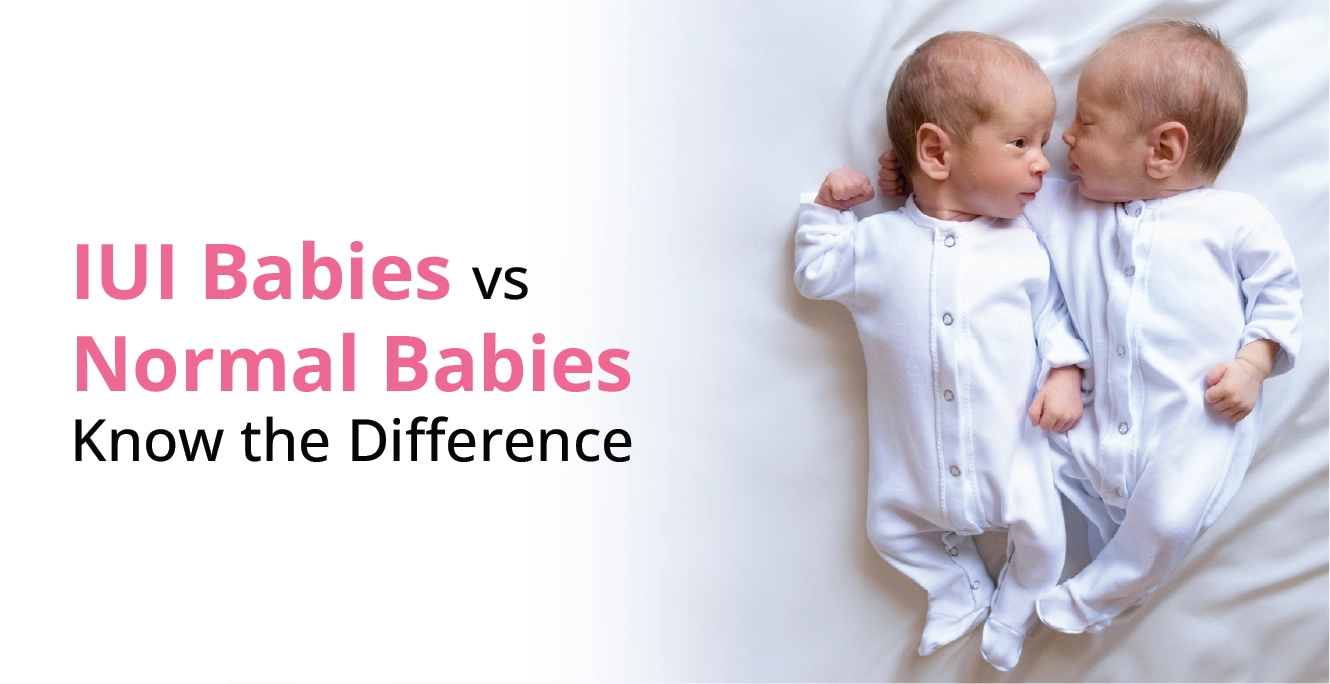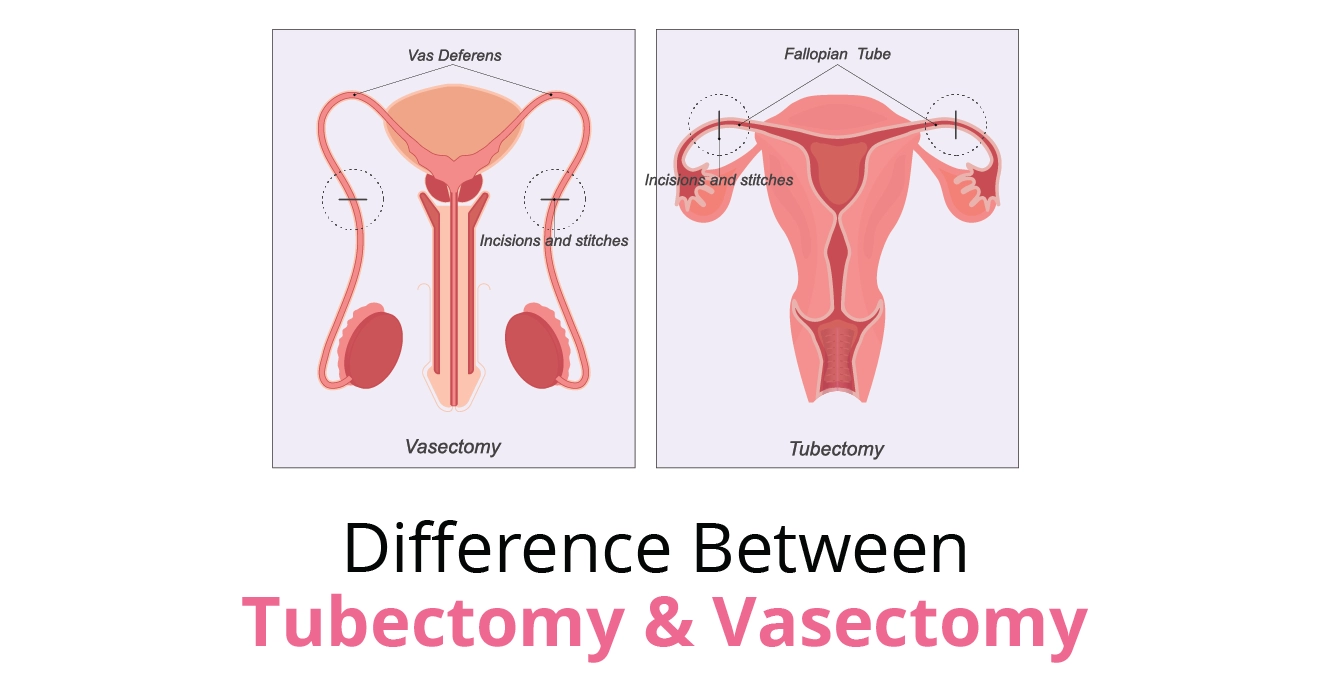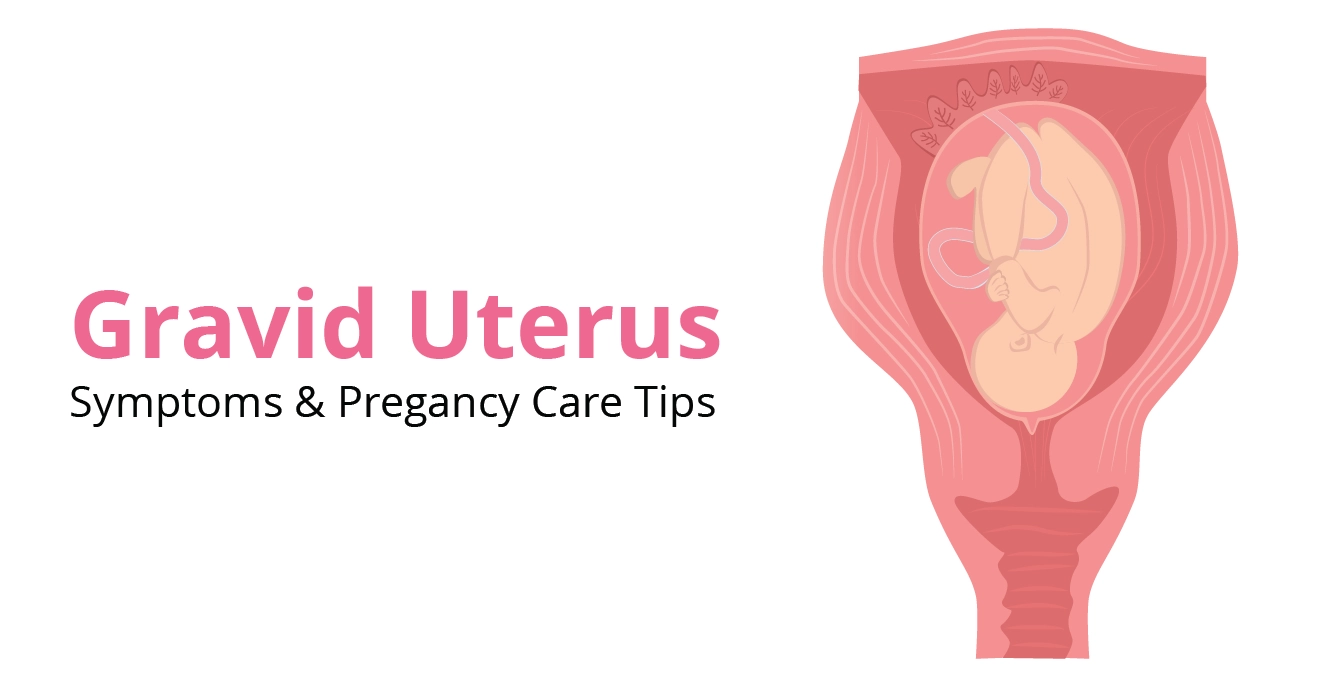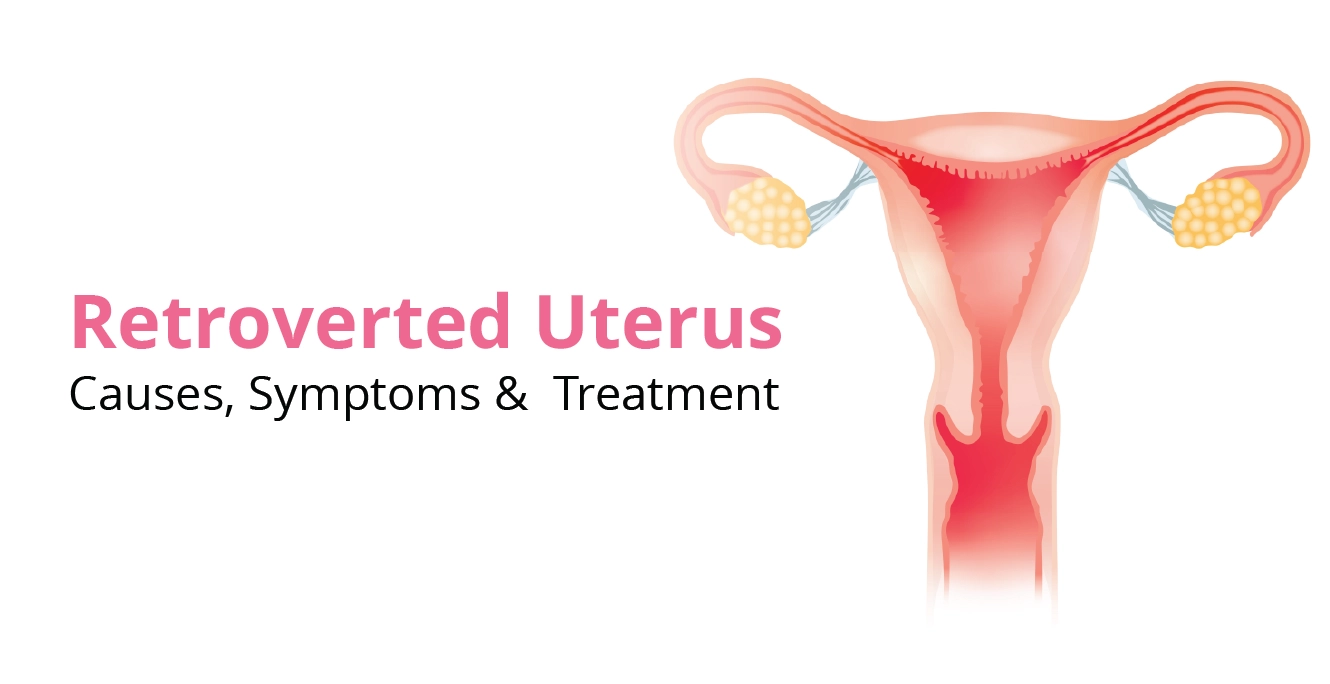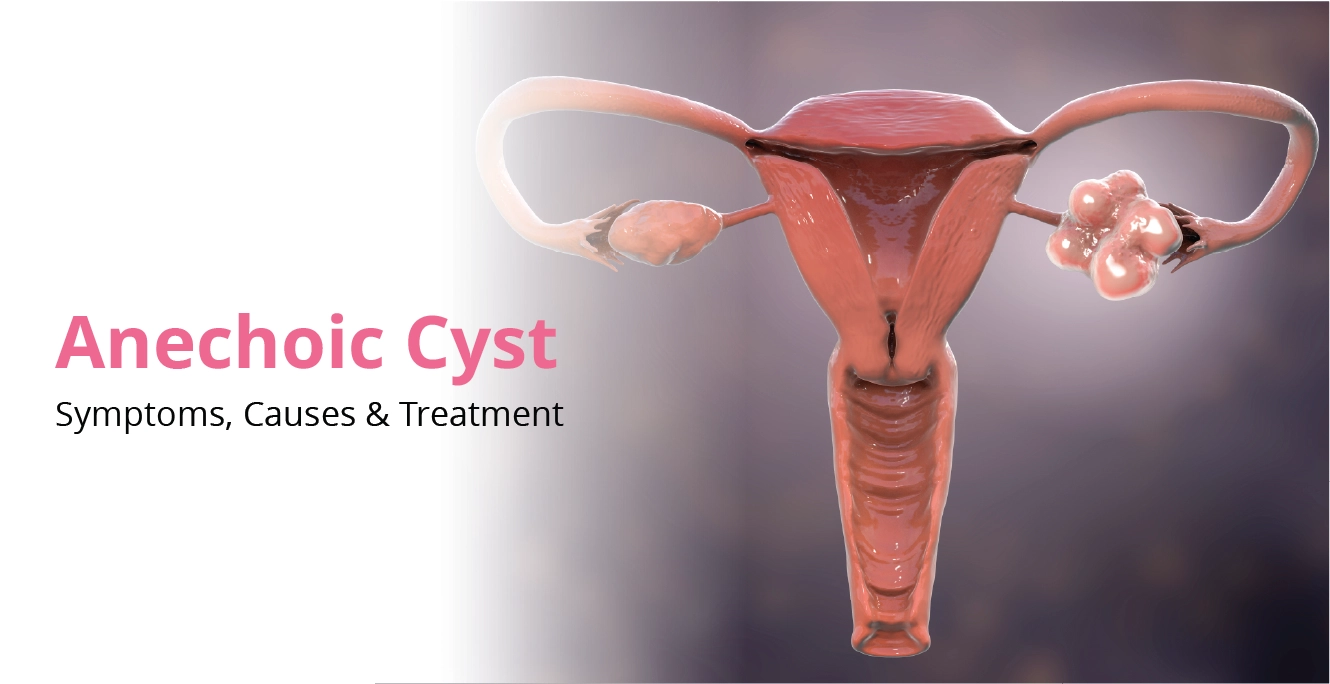Oncology
Oncology is the branch of medicine focused on cancer. It includes studying cancer biology, treatment options, and patient management. Oncologists treat various cancers, including breast, lung, prostate, leukaemia, and lymphoma. They collaborate with fertility specialists to offer fertility preservation options like sperm, egg, and embryo freezing before cancer treatments.

What is Oncology?

Oncology is the branch of medicine focused on cancer. It includes studying cancer biology, treatment options, and patient management. Oncologists treat various cancers, including breast, lung, prostate, leukaemia, and lymphoma. They collaborate with fertility specialists to offer fertility preservation options like sperm, egg, and embryo freezing before cancer treatments.
Why is Oncology Done?
-
Oncology is essential for diagnosing cancer through various methods, including imaging tests (CT scans, MRIs), biopsies, and blood tests.
-
The primary goal of oncology is to treat cancer effectively. Treatment modalities include chemotherapy, radiation therapy, immunotherapy, targeted therapy, and surgery.
-
Oncology involves managing cancer treatment side effects, such as pain, nausea, and fatigue, to improve patients’ quality of life.

Types of Cancer Affecting Fertility

Certain types of cancer and their treatments can significantly affect fertility in both men and women. They are as follows:
-
Testicular Cancer: Testicular cancer can directly affect sperm production and hormone levels.
-
Ovarian Cancer: Ovarian cancer and its treatments can impair ovarian function, leading to a decrease in egg production and potential early menopause.
-
Uterine (Endometrial) Cancer: Uterine cancer can affect the lining of the uterus, making it difficult to sustain a pregnancy.
-
Cervical Cancer: Treatments for cervical cancer, including surgery and radiation, can damage the reproductive organs and affect fertility.
-
Breast Cancer: Hormonal treatments for breast cancer can disrupt menstrual cycles and affect ovulation, potentially leading to fertility issues.
Why Choose Us
Choosing the right fertility clinic is crucial for starting your family. At Birla Fertility & IVF, we offer personalised care with expert specialists guiding you every step of the way. Our advanced labs and outstanding success rates have helped over 2,30,000 patients achieve their dream of parenthood.
Cancer Treatments and Their Impact on Fertility
Chemotherapy
- Chemotherapy involves the use of drugs to kill rapidly dividing cancer cells. However, these drugs can also damage other rapidly dividing cells in the body, including those in the reproductive system.
- Impact on females: Chemotherapy can lead to primary ovarian insufficiency.
- Impact on males: It can reduce sperm production and quality.
Radiation Therapy
- Radiation therapy uses high-energy rays to target and destroy cancer cells. However, radiation can also affect surrounding healthy tissues, including reproductive organs.
- Impact on females: Radiation directed at the pelvis can damage the ovaries, leading to decreased egg production and potential early menopause.
- Impact on males: Radiation aimed at the testicles can impair sperm production and hormone levels, affecting fertility.
Surgery
- Surgical interventions may involve the removal of tumours which can directly impact fertility.
- Impact on females: Surgical removal of the ovaries, uterus, or cervix can lead to infertility.
- Impact on males: Surgical removal of testicular tumours or other related structures can significantly affect sperm production.
Frequently Asked Questions
Recent Blogs
Book an appointment
Hassle-Free Appointment Booking
Select Preferences
I know my doctor
Cervical Cancer Cost in Different Cities
- Cervical Cancer Vaccine Cost in Gurgaon
- Cervical Cancer Vaccine Cost in Bangalore
- Cervical Cancer Vaccine Cost in Bhubaneswar
- Cervical Cancer Vaccine Cost in Lucknow
- Cervical Cancer Vaccine Cost in Hyderabad
- Cervical Cancer Vaccine Cost in Kolkata
- Cervical Cancer Vaccine Cost in Mumbai
- Cervical Cancer Vaccine Cost in Delhi
- Cervical Cancer Vaccine Cost in India
Cervical Cancer Treatment in Different Cities
- Cervical Cancer Treatment in Jalandhar
- Cervical Cancer Treatment in Perinthalmanna
- Cervical Cancer Treatment in Thrissur
- Cervical Cancer Treatment in Palakkad
- Cervical Cancer Treatment in Kannur
- Cervical Cancer Treatment in Kozhikode
- Cervical Cancer Treatment in Ranchi
- Cervical Cancer Treatment in Patna
- Cervical Cancer Treatment in Varanasi
- Cervical Cancer Treatment in Gorakhpur
- Cervical Cancer Treatment in Meerut
- Cervical Cancer Treatment in Prayagraj
- Cervical Cancer Treatment in Kolar
- Cervical Cancer Treatment in Salem
- Cervical Cancer Treatment in Vijayapura
- Cervical Cancer Treatment in Nagpur
- Cervical Cancer Treatment in Raipur
- Cervical Cancer Treatment in Rewari
- Cervical Cancer Treatment in Jaipur
- Cervical Cancer Treatment in Guwahati
- Cervical Cancer Treatment in Siliguri
- Cervical Cancer Treatment in Howrah
- Cervical Cancer Treatment in Indore
- Cervical Cancer Treatment in Bhopal
- Cervical Cancer Treatment in Bhubaneswar
- Cervical Cancer Treatment in Cuttack
- Cervical Cancer Treatment in Surat
- Cervical Cancer Treatment in Ahmedabad
- Cervical Cancer Treatment in Mangalore
- Cervical Cancer Treatment in Chandigarh
- Cervical Cancer Treatment in Hyderabad
- Cervical Cancer Treatment in Lucknow
- Cervical Cancer Treatment in Bangalore
- Cervical Cancer Treatment in Chennai
- Cervical Cancer Treatment in Mumbai
- Cervical Cancer Treatment in Kolkata
- Cervical Cancer Treatment in Noida
- Cervical Cancer Treatment in Gurgaon
- Cervical Cancer Treatment in Delhi
Cervical Cancer Doctors in Different Cities
- Cervical Cancer Doctors in Gurgaon
- Cervical Cancer Doctors in Bangalore
- Cervical Cancer Doctors in Bhubaneswar
- Cervical Cancer Doctors in Lucknow
- Cervical Cancer Doctors in Hyderabad
- Cervical Cancer Doctors in Kolkata
- Cervical Cancer Doctors in Mumbai
- Cervical Cancer Doctors in India
- Cervical Cancer Doctors in Delhi

 Our Centers
Our Centers





















